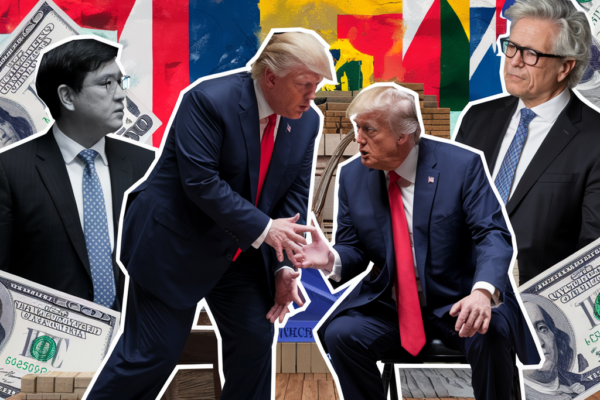- Strategic Spectrum Acquisition: Verizon’s $1B purchase of 663M MHz POPs from U.S. Cellular bolsters its 5G capabilities and network coverage, aligning with its strategy to maintain market dominance.
- Competitive Telecom Landscape: Spectrum scarcity and 5G ambitions drive M&A activity, with AT&T and T-Mobile also enhancing spectrum holdings to support their 5G networks.
- Lucrative 5G Market Potential: McKinsey projects the global 5G market to reach $1.3T by 2028, making spectrum acquisition crucial for telecom giants.
- Regulatory Scrutiny: Similar deals faced regulatory hurdles, like AT&T’s DirecTV acquisition and the T-Mobile/Sprint merger requiring divestitures to address market concentration concerns.
- Investor Optimism: Initial market reactions are positive, with a Moderate Buy consensus rating on Verizon stock and a slight price increase, reflecting investor confidence in the deal’s strategic implications.
- Customer Experience Enhancement: The acquisition aims to improve Verizon’s 5G offerings, network reliability, and coverage, potentially benefiting consumers with better service quality.
- Competitive Concerns: However, spectrum concentration among major players could lead to reduced competition, higher prices, and stifled innovation, according to Bain & Company.
- Integration Challenges: Verizon’s past acquisitions, like Yahoo and AOL, highlight the complexities of integrating diverse assets into existing operations.
- Regulatory Approval Uncertainty: The deal is subject to regulatory approvals, and the approval process could be complex, as seen in the Sprint/T-Mobile merger.
- Future Outlook: As Verizon integrates the acquired spectrum, industry watchers should monitor the impact on network performance, market dynamics, and potential regulatory actions to assess the deal’s long-term strategic significance.
Verizons $1B Spectrum Buy Shapes 5G Telecom Landscape





